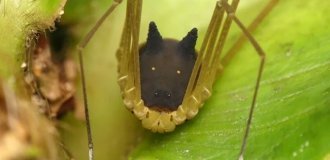The first unsuccessful attempt at multicellular life on Earth (4 photos)
Since the time of Charles Darwin, biologists have been extremely concerned about the Cambrian explosion of biodiversity: a multitude of complex organisms arose almost simultaneously from very simple ones. This seemed to contradict natural selection. In a new scientific paper, scientists have shown similar events 1.5 billion years before the Cambrian explosion. 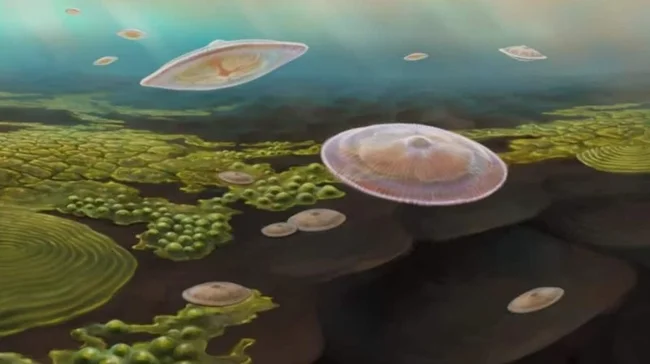
In a new scientific paper, scientists have shown similar events 1.5 billion years before the Cambrian explosion. Researchers from Cardiff University analyzed 2.1 billion-year-old sediments from Gabon. They concluded that the collision of continents in this area led to the formation of a small shallow sea, which, due to the unique conditions, received a high saturation of oxygen and phosphorus. This led to the emergence of an oasis of fairly complex life forms. The article about this was published in the journal Precambrian Research.
Life on Earth arose approximately four billion years ago. However, for most of its history, it was represented mainly by small, single-celled prokaryotes lacking a cell nucleus. The dominance of eukaryotes became possible only after billions of years of slow accumulation of oxygen in the Earth's atmosphere. The emergence of complex biota before the Ediacaran period was considered almost impossible. 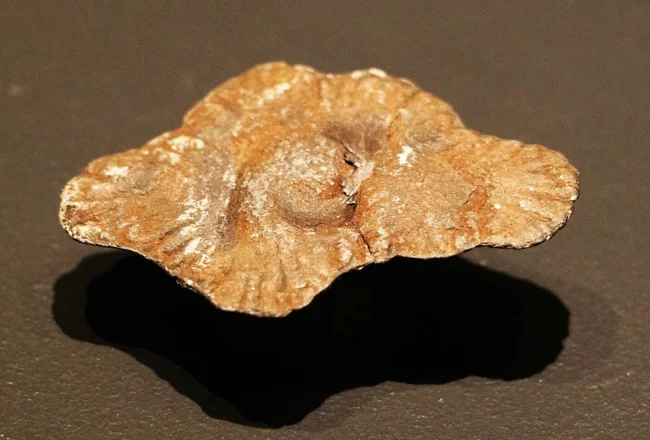
The authors of the new work studied rocks related to the area of the collision of two ancient continental platforms - the Congo and San Francisco cratons. In this area, about 2.1 billion years ago, there was a sharp change in the content of carbon-13, which indicates the prosperity of life. The increase in phosphorus concentration was the result of increased volcanic and hydrothermal activity. High temperatures returned phosphorus from the bottom sediments, raising its level.
Cyanobacteria in this region switched to rapid reproduction mode. The sea, isolated from the ocean by colliding continents, quickly "bloomed". There was not yet an abundance of oxygen in the atmosphere, but photosynthesis of cyanobacteria led to its rapid growth in the water. Scientists believe that simple forms of multicellular life found in fossils confirm the presence of complex life 2.1 billion years ago. The researchers proposed that the evolution of complex life on Earth occurred in two stages. In the first stage, 2.1 billion years ago, the increase in oxygen concentration in seawater led to the first era of relatively complex life. 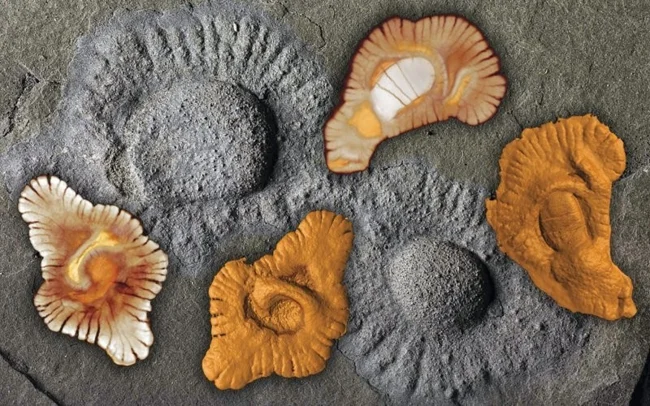
The isolation of the local sea could not last forever, and complex life died out. The planet's biota was able to return to similar forms only after one and a half billion years, in the Ediacaran and Cambrian explosion.
For most of its existence, life on Earth was simple, single-celled organisms. Complex life, including the ancestors of animals, emerged around 635 million years ago, when conditions became favorable for increasing body size.
But that claim has now been challenged by mysterious structures found in the Franceville Formation in Gabon. Relatively large (up to 17 cm), these flattened, disc-shaped fossils appear to be early multicellular organisms. They are 2.1 billion years old, about 3.5 times older than the currently accepted age of life for this complex. 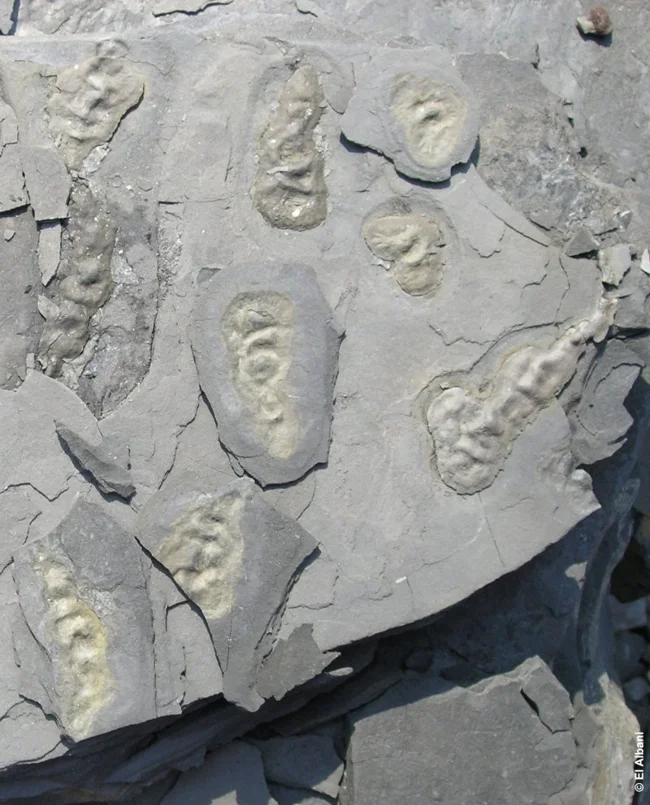
If complex life really did emerge 2.1 billion years ago, why isn't there more evidence around the globe? Researchers believe that favorable conditions were limited to an inland sea, and the oasis didn't last long. These life forms aren't the ancestors of modern animals, but rather resemble an early evolutionary experiment that didn't work out. Evolution didn't try again until about 635 million years ago.
Not all scientists agree with the findings of this study. The debate over whether the Franceville Formation structures represent fossils may require more evidence to support these claims.






